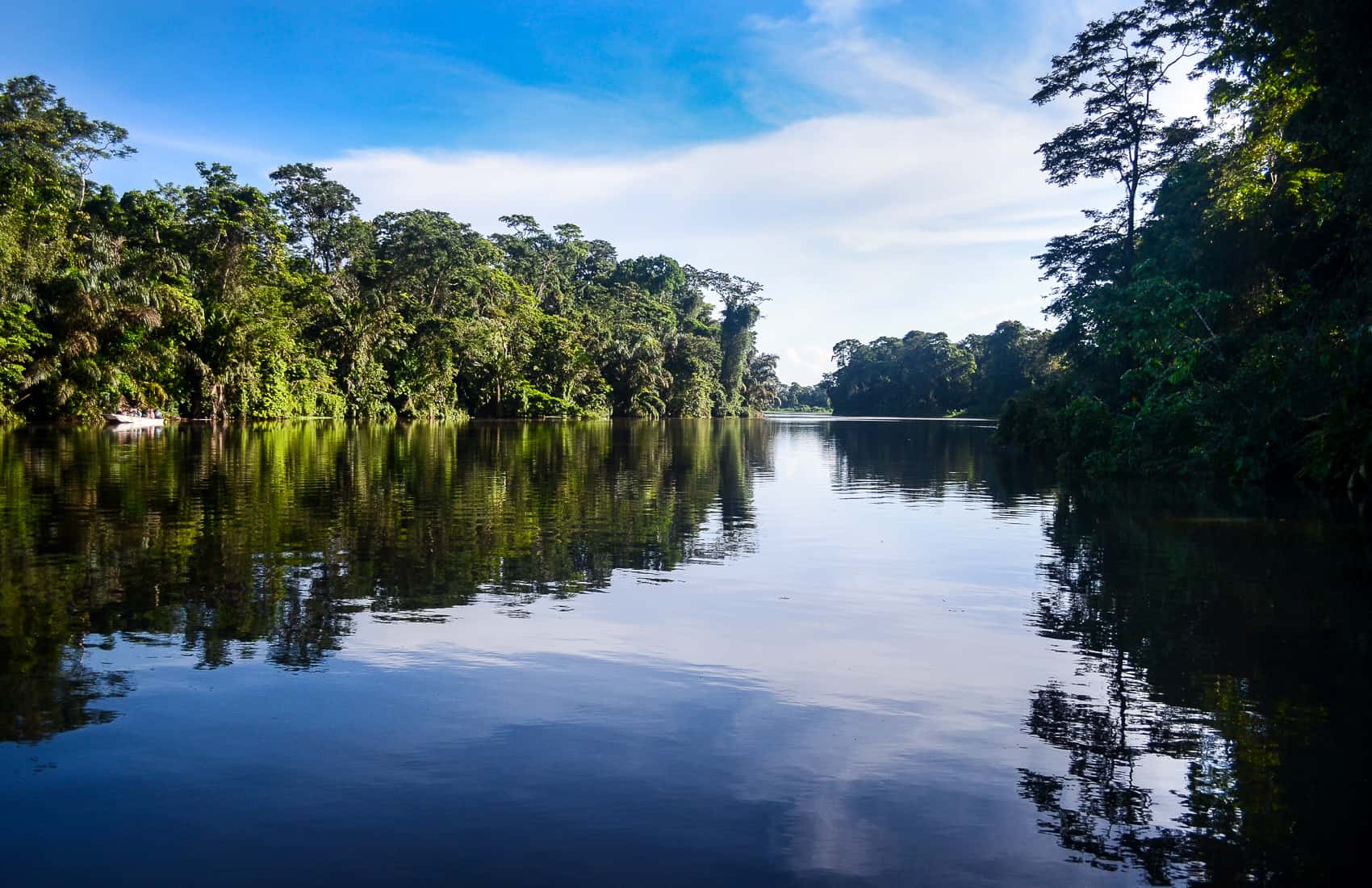Faced with the tons of disposable plastic used by hotels every year, the CO2 emitted by airplanes or the overcrowding in Barcelona, Everest and Machu Picchu, the tourism industry promised this week at the Davos forum to be more “sustainable,” although it warned that someone will have to pay the cost.
“If we want to have a more sustainable industry, as everyone seems to want here in Davos, how can we do it without limiting our growth? We can’t have both at the same time,” said Carsten Spohr, the president of Lufthansa, in one of the sessions of the World Economic Forum (WEF), where this year the climate issue has been the protagonist.
Aviation is in the spotlight of the fight against climate change for its CO2 emissions (about 2.8% of the world total), as evidenced by the highly symbolic decision of Swedish activist Greta Thunberg to never travel in plane, even when crossing the ocean.
However, Spohr said that “he does not want to be the bad boy of globalization” and recalled that other industries, such as “streaming,” assume a level of emissions comparable to air transport. In addition, according to him, customers are not yet willing to pay more to travel for example on a plane with biofuel, an option that some companies are already offering.
The figures are spectacular: according to the forecasts that the sector manages, in 2030, 1.8 billion international trips will be carried out on the planet — double that of 20 years ago. And that’s without counting domestic trips, which continue to increase.
500 million bottles of shampoo
The environmental impact of tourism has other faces, such as the use of disposable plastic, which the European Union decided to ban but is still used in many places on the planet.
“None of us has his best behavior when he is in a hotel room,” said Arne Sorenson, the president of Marriott International — a global hospitality giant with a presence in more than 130 countries — to explain that it is not easy to change client customs.
In recent years, efforts have been made to limit, for example, the amount of clothes and towels washed in hotels or the use of water, but plastic remains a problem.
Sorenson explained that his group will stop giving away small plastic bottles with shampoo and similar products that until now put in the rooms. In the case of Marriott, those represent 500 million bottles a year.
Another of the discussed problems was overcrowding.
“Many of our clients would not mind changing their destination for a more sustainable one, but they have no information. It is something that could help fight the overcrowding,” said Gillian Tans, the president of Booking.com, one of the main reservations platforms for tourist accommodation.
An example is the Spanish city of Barcelona, which has become an international symbol of overcrowding — which its authorities are fighting both in traditional hotels and the Airbnb platform.
“If I am responsible for Barcelona and the inhabitants feel invaded by tourists, I may say ‘No more hotel permits’. As a hotel company, we don’t like it but we have to respect it,” says Sorenson.
The example of Costa Rica
In the face of overcrowding, regional tourism could be an alternative, because it avoids traveling long distances and, in developing areas, can be an economic engine.
“We have to change our mentality, constantly stop selling new tourist experiences, foster a regional approach,” said Reem Fadda, head of culture and tourism in Abu Dhabi, which promotes cultural tourism in contact with the local population.
In Latin America, Costa Rica has become a role model for balancing tourism and its impact on the environment.
“You have to grow, yes, but under other parameters,” said Alicia Bárcena, responsible for the Economic Commission for Latin America and the Caribbean. “Costa Rica shows it to you every day.”






